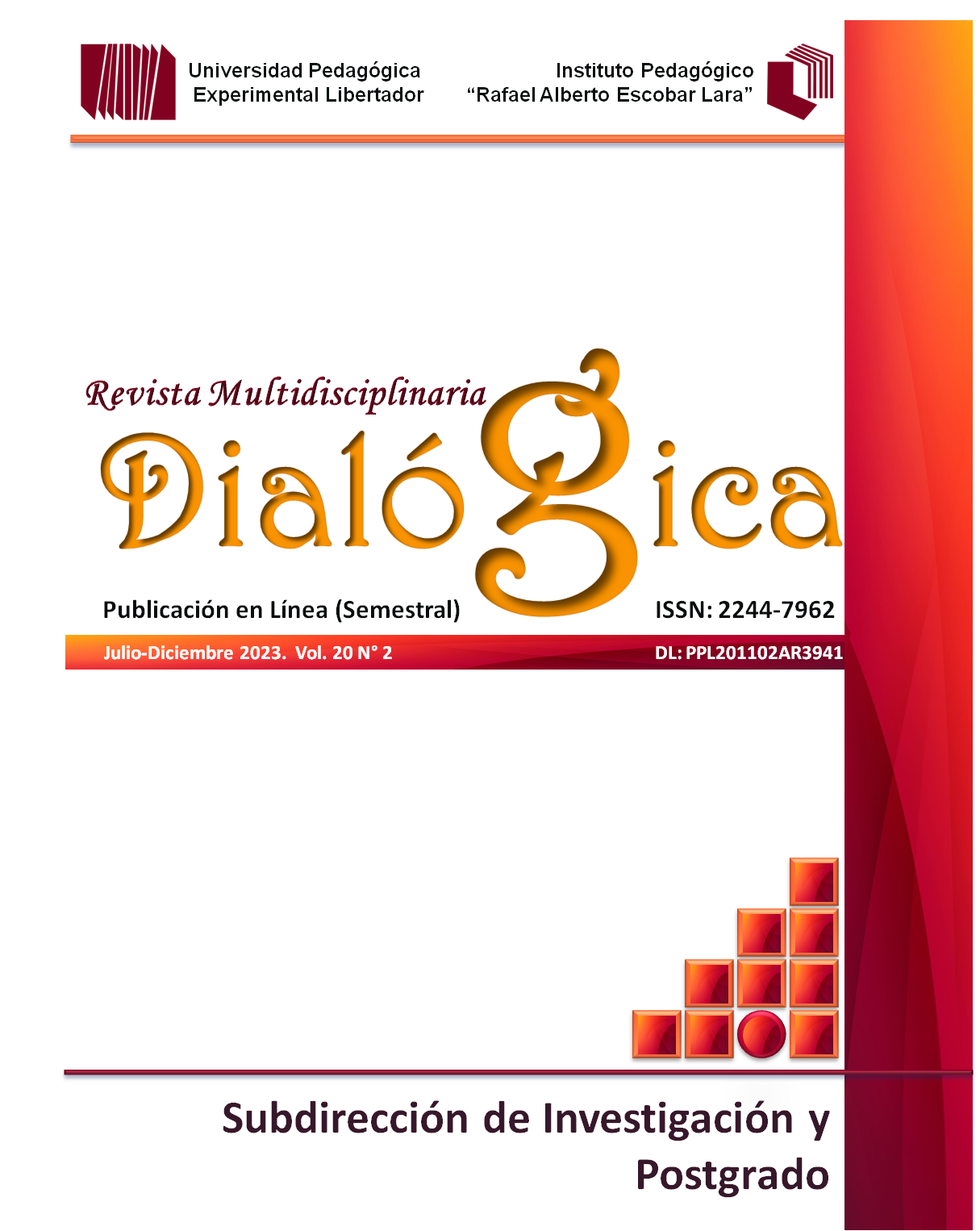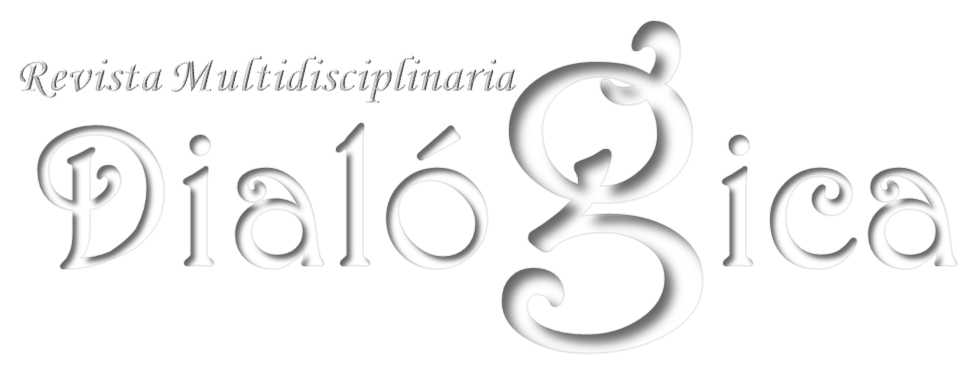THE ROLE OF TEACHERS IN THE USE OF ARTIFICIAL INTELLIGENCE IN EDUCATIONAL ENVIRONMENTS
DOI:
https://doi.org/10.56219/dialgica.v20i2.2606Keywords:
Artificial Intelligence, Relevance, Teaching role, Challenges, OpportunitiesAbstract
In this article, the relevance and current state of the art of artificial intelligence (AI) in education is analyzed. It is highlighted that, despite the significant advances in AI, the role of the teacher continues to be fundamental in the educational process. The challenges and opportunities that AI presents in the educational field are addressed. It is mentioned that the AI can personalize the learning experience, adapting to the individual needs of the students, in addition, it can improve the evaluation and provide instant feedback. However, there is also a need to address ethical considerations in the use of AI in class. It is emphasized that AI in education does not seek to replace the teacher, but to strengthen their role. The teacher remains crucial in guiding, motivating, and developing higher-order and critical and reflective thinking skills in students, taking advantage of the opportunities that AI offers to improve teaching and learning.
References
Acurio, W. P., Cunuhay, W. C., Nata, D. y Moreira L.E. (2022). Implementación de la Inteligencia Artificial (IA) como Recurso Educativo, Recimundo, 6(2), 402-413. https://recimundo.com/index.php/es/article/view/1586. DOI: https://doi.org/10.26820/recimundo/6.(2).abr.2022.402-413
Coronel, G. (2023). IA para educadores. Tucuma, Argentina. https://www.youtube.com/watch?v=flypVNqyqT4
Lara, J. M. (2020). Usos de la inteligencia artificial en la educación. https://www.semanticscholar.org:file:///C:/Users/Pr.%20Guillermo%20Rond%C3%B3n/Downloads/Usos-y-efectosinteligencia-artificial-en-educacion.pdf. DOI: https://doi.org/10.18235/0002380
Lynch, M. (de 2023). 7 Roles de la Inteligencia Artificial en Educación. Obtenido de https://www.thetechedvocate.org/7-roles-for-artificial-intelligence-in-education/.
Luna Ccora, M.S. y Luna Ccora, M. K. (2019). El rol del docente en el uso de las TIC con niños de ciclo II de Educación Inicial. Lima: Universidad pontificia del Peru.https://tesis.pucp.edu.pe/repositorio/bitstream/handle/20.500.12404/18282/LUNA_CCORA_MARISOL_STEPHANIE_CRISTINA%20%281%29.pdf.
Quezada Castro, G. A., Castro Arellano, M. D., y Quezada Castro, M. (2022). Inteligencia artificial y enseñanza del derecho: su incorporación durante la pandemia de Covid-19. Revista Venezolana de Gerencia, 8(Especial), 750-764. https://doi.org/10.52080/rvgluz.27.8.2. DOI: https://doi.org/10.52080/rvgluz.27.8.2
Rodríguez, G. D., y Brito, S. M. (2017). El uso de la inteligencia artificial en la educación superior. Oportunidades y amenazas. INNOVA RESEARCH JOURNAL, 2(8), 412-422. http://revistas.uide.edu.ec/index.php/innova/index DOI: https://doi.org/10.33890/innova.v2.n8.1.2017.399
UNESCO. (2021). La Inteligencia Artificial en la Educación. https://es.unesco.org/themes/tic-educacion/inteligencia-artificial.
Downloads
Published
How to Cite
Issue
Section
License
Copyright (c) 2024 Guillermo Rondón

This work is licensed under a Creative Commons Attribution-NonCommercial-ShareAlike 4.0 International License.


 @revistadialogica
@revistadialogica DialogicaUPEL
DialogicaUPEL RevistaDialogicaUPELMaracay
RevistaDialogicaUPELMaracay dialógicaupel@gmail.com
dialógicaupel@gmail.com dialogicaupel.blogspot.com
dialogicaupel.blogspot.com https://issuu.com/dialogicaupel
https://issuu.com/dialogicaupel https://revistas.upel.edu.ve/index.php/dialogica/
https://revistas.upel.edu.ve/index.php/dialogica/









